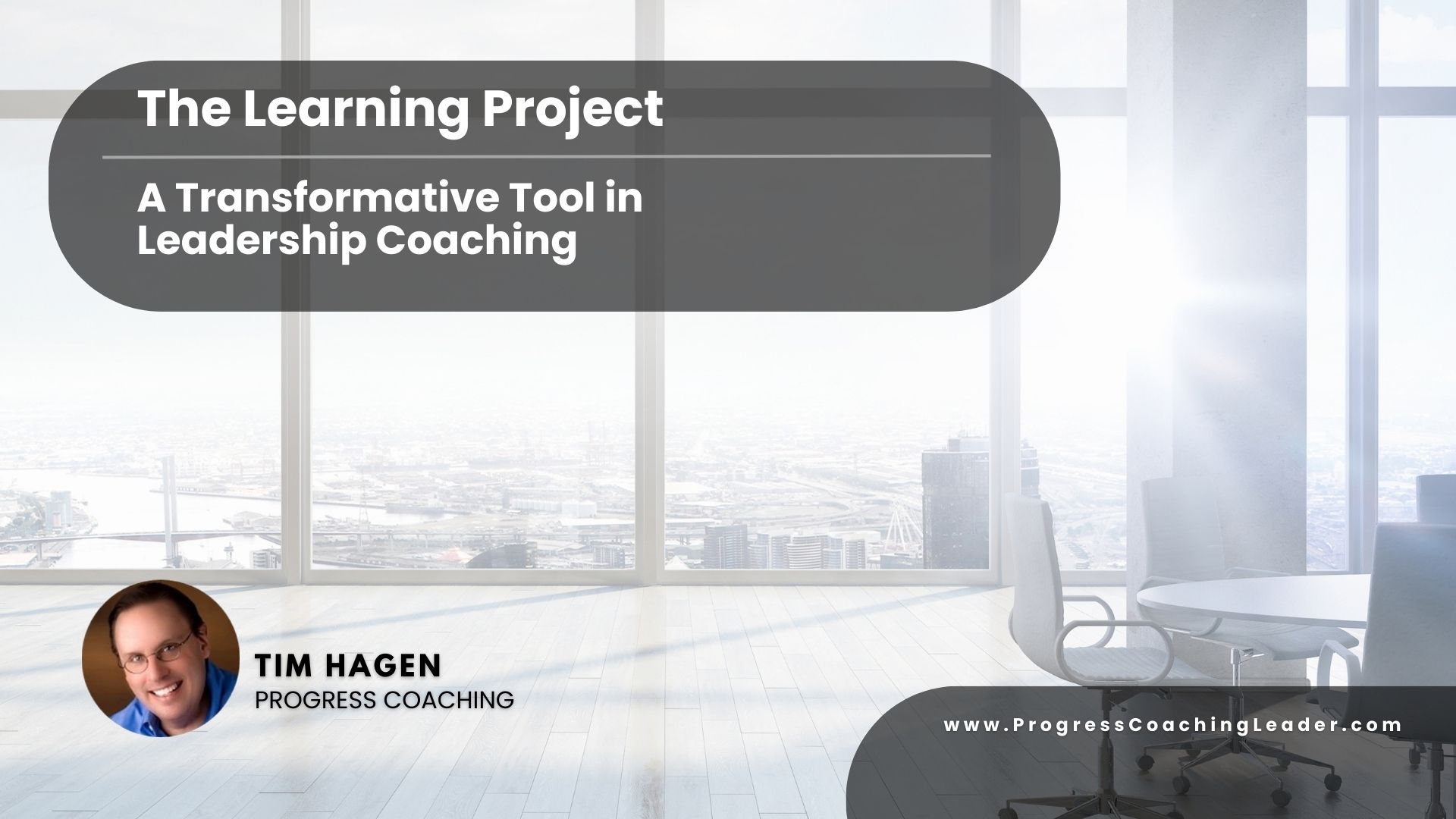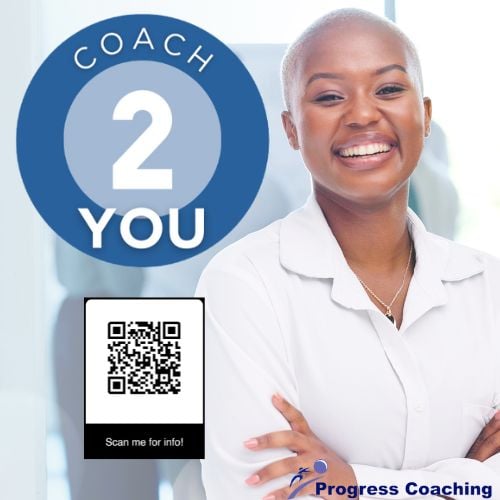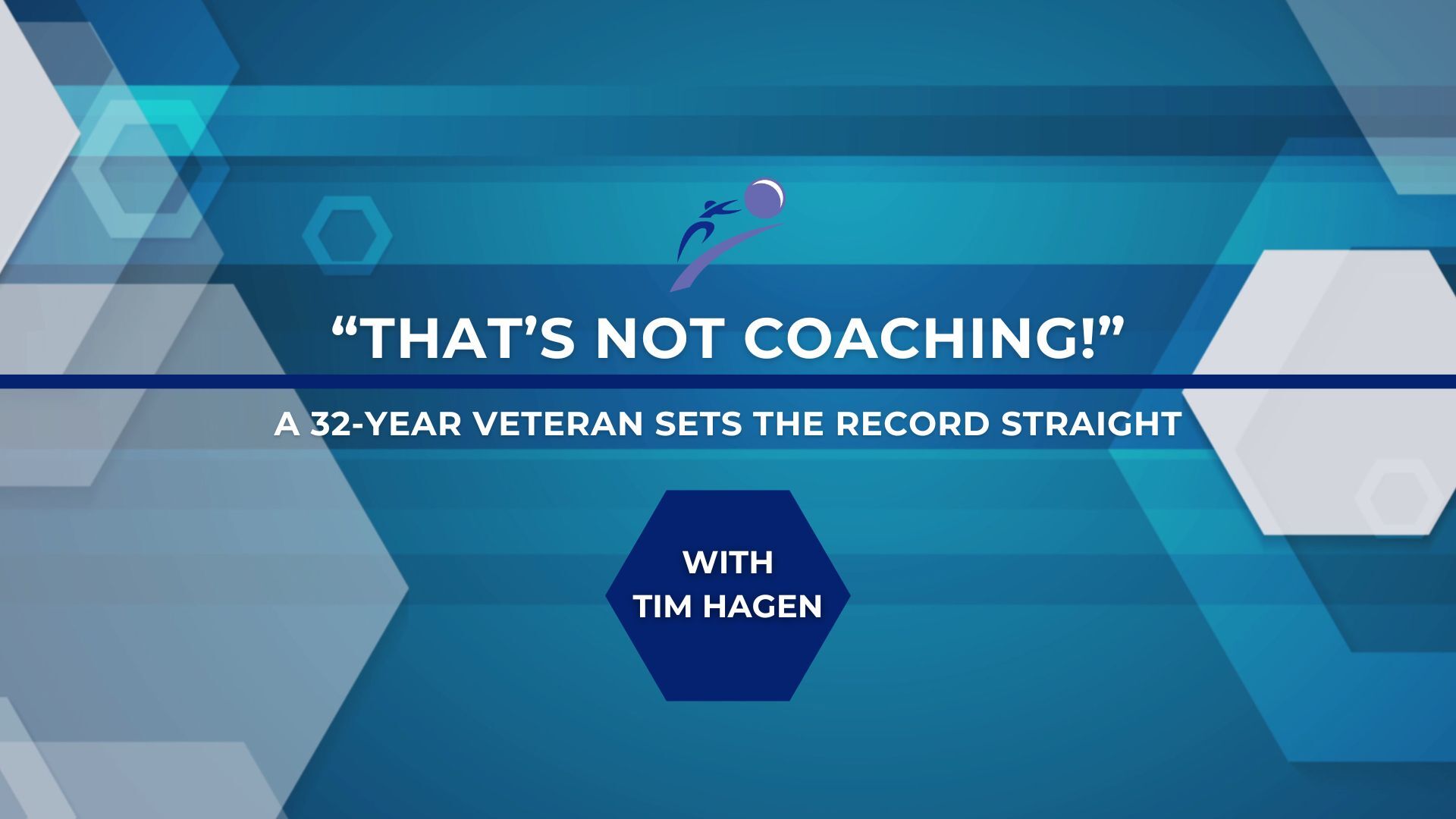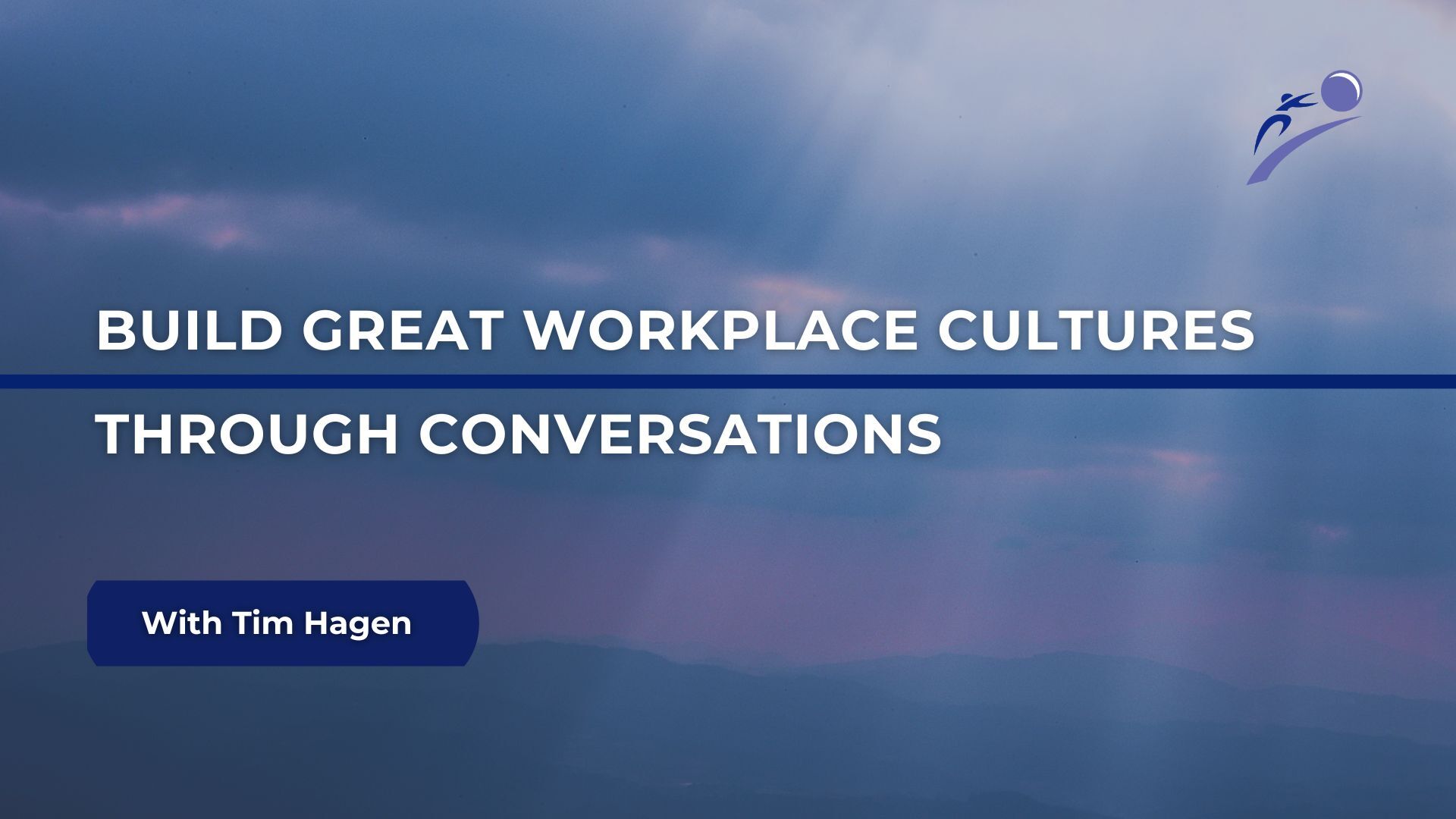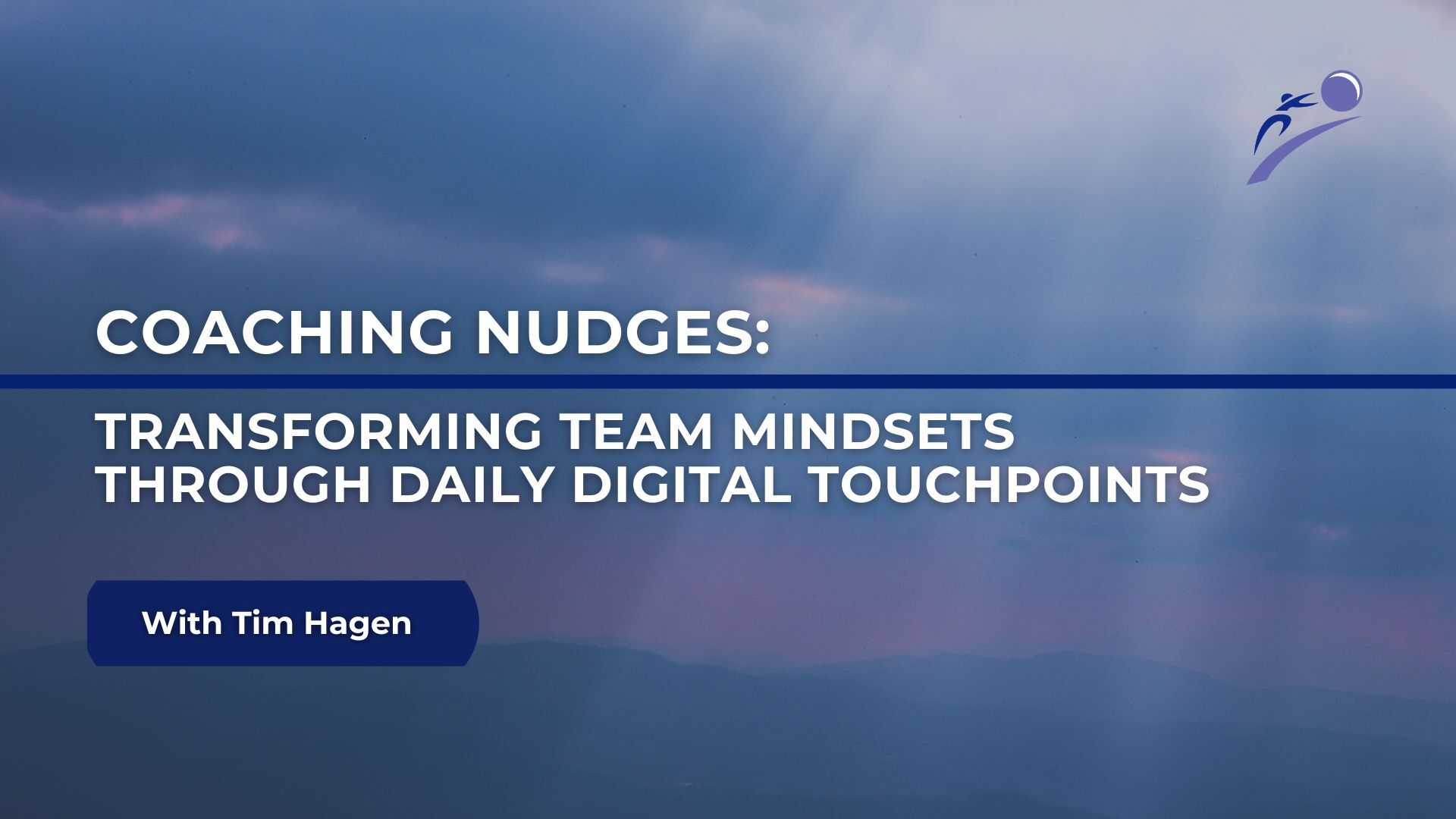What if you could empower your coaching sessions with a strategic tool that ensures continuity and targeted focus? We introduce a unique concept we call QALMS, specifically focusing on 'L' – the Learning Project.
We use the example of coaching 'Lisa,' a budding leader struggling with conflict, to illustrate how a Learning Project can create accountability and ownership of one's development.
Change takes time (as we all know). We break down this process into 3 phases - Effort, Progress, and Results. Rewarding the effort, recognizing progress, and consistently repeating what works leads to sustainable results. As we step into February, don't let those New Year's resolutions wane. Learn how to turn fear into strength, sculpting better leaders through effective coaching.
We're about to leave January 2024 and enter February. This is where goals start to fall by the wayside, where New Year's resolutions follow-- wayside. What are you going to do to maintain continuity as a coach?
What we teach at Progress Coaching is something called QALMS. The L stands for the Learning Project. The Learning Project ties the coaching conversations together.
For example, if I'm coaching someone named Lisa to become a future leader, we'll make it very simple. She knows she struggles with conflict, she hates conflict, and she avoids it, but she knows she needs to get better at it. As an effective coach, you could craft a Learning Project at the end of each coaching session. Something simple like, "Every week, Lisa, I want you to come in with an example of where you had some conflict that you felt like you handled pretty well, and what you did. Then, come in with an example of another conversation of conflict where it didn't go as well as you would like, and then we can discuss it." What the Learning Project does is it gives insight to you, the coach, as to what she's actually experiencing, germane to the areas she needs to improve, so she can reach her goal of becoming a first-time manager. That's a fundamental example.
The Learning Project builds accountability and bestows ownership on the rightful owner: the person being coached. In this example, Lisa. You, the coach, cannot own what they choose not to own. The Learning Project, which is done between coaching sessions, is something that the employee (the person being coached) is already doing. What you're doing (as the coach) is creating continuity and a very targeted focus on the area that needs to improve.
Here's the good news: it's very easy to do.
The bad news is that it takes time.
If someone has had a fear of conflict in the workplace for five years, do we honestly think one or two conversations will suffice? Sorry. The undeniable fact here is that people change slowly. They go through three levels of change: Effort, Progress, and then Results. Effort comes first, and make sure to reward Lisa for bringing attention to the issue and the effort to work on it. Offer to practice it with her. Reward her effort for practicing, even if she doesn't do it well because effort converts into progress. When we have progress, we have to pinpoint, acknowledge, reward, and recognize it. Once we do that, they now know what to repeat. Only then does it go into this thing called results, which are predictable and sustainable.
SUPPLEMENTAL COACHING IDEAS FOR DEVELOPING EMPLOYEES
-
Identify the employee's motivator and where they want to end up (or the area of focus they want to target), and ask them to e-mail you a list of three things they're going to do on their own to pursue their destination. Once they've done that, ask them to share with you bi-weekly updates on their list.
-
Set up a peer-to-peer network, asking people to pair up every 2 weeks to either teach or practice specific to a topic they need to accelerate talent development.
-
Arrange a mentor to coach (whom they do not directly report to) to help develop an employee in an area they need focus or want to learn more about. This mentor should be very skilled in the area you're targeting. Ask them to share what they are learning every 2 weeks with you, with check-in chats.
-
Assign a book for them to read relevant to the area of focus, where they read and journal what they are learning as they go. Advise them to answer these questions after each chapter: 1) What did they learn? 2) What did they learn about themselves? 3) What are they positively committed to doing, and what steps are they going to take after learning from what they've read?
-
Ask them to watch videos on YouTube (for example) on an area of focus they are targeting. After watching those videos, have them journal what they learned, how that compares to their own behaviors or aspirations, and what they are positively committed to doing to move forward in their goal. Have them write out action steps to take to achieve that.
We have created a NEW service called Coach2YOU, where leaders can assist short, targeted 7-day to 21-day programs to coach their employees without ANY of their own time to truly partner and assist in the coaching process.
Get more info here: https://form.jotform.com/233504052497051

